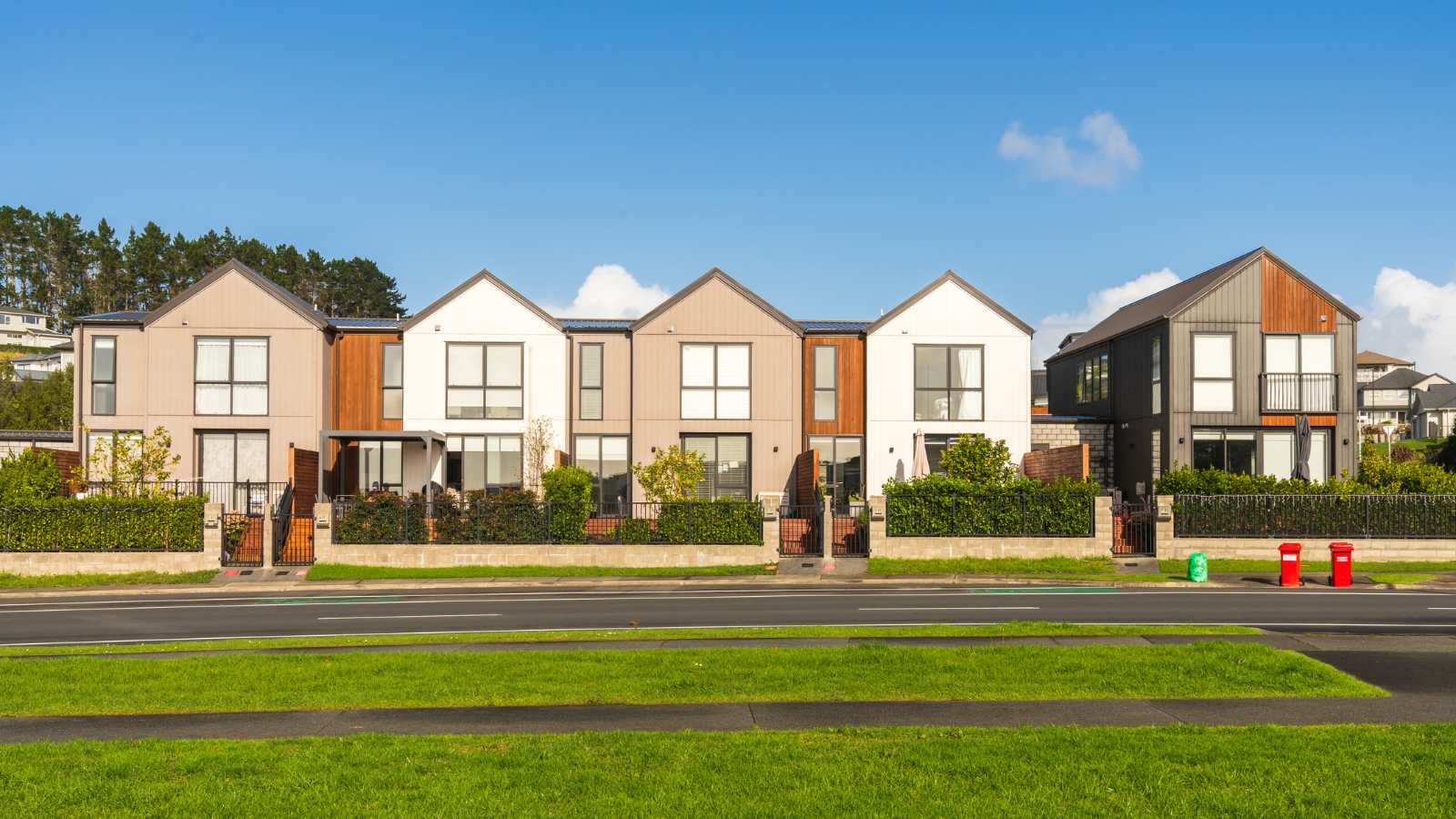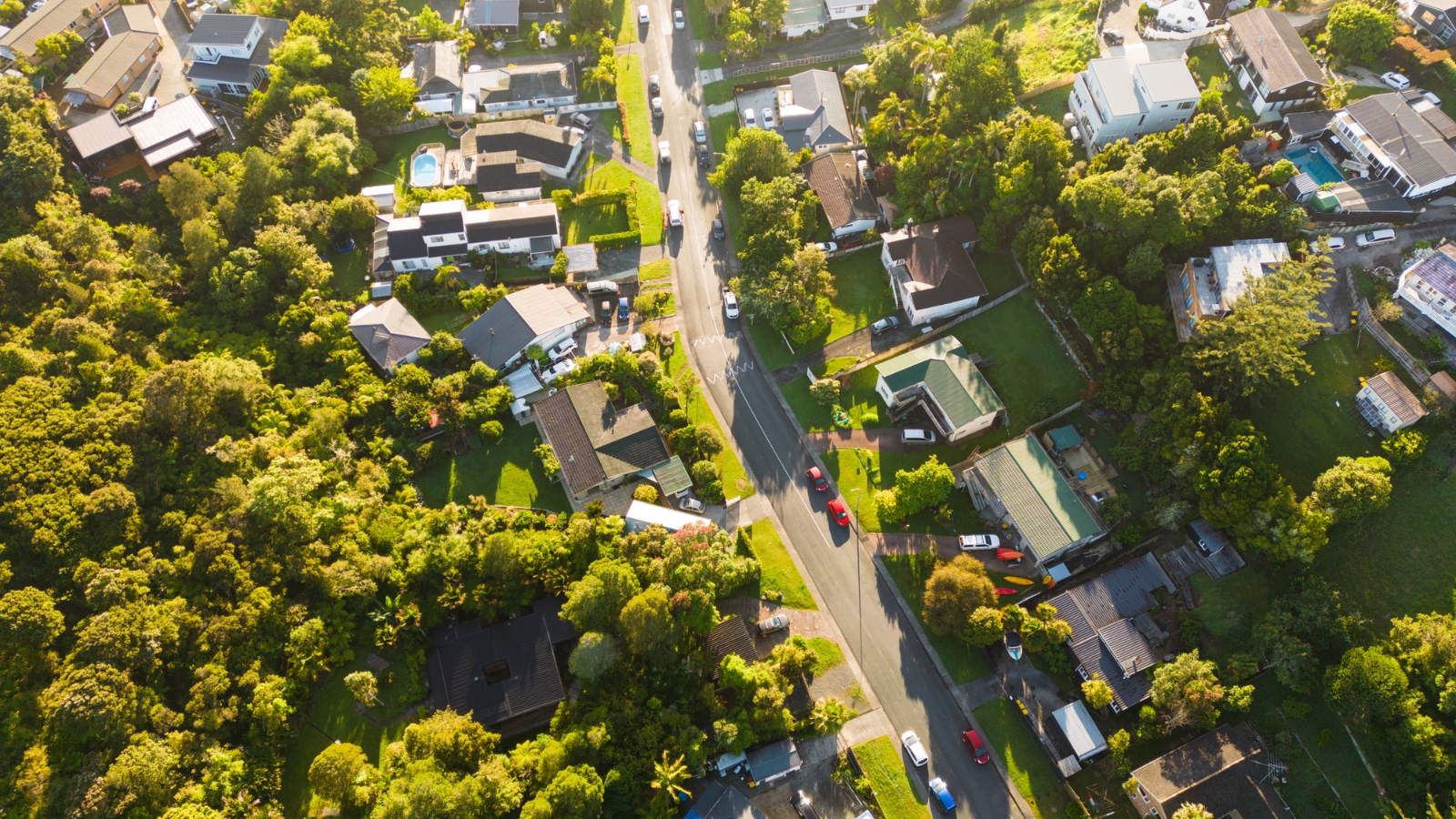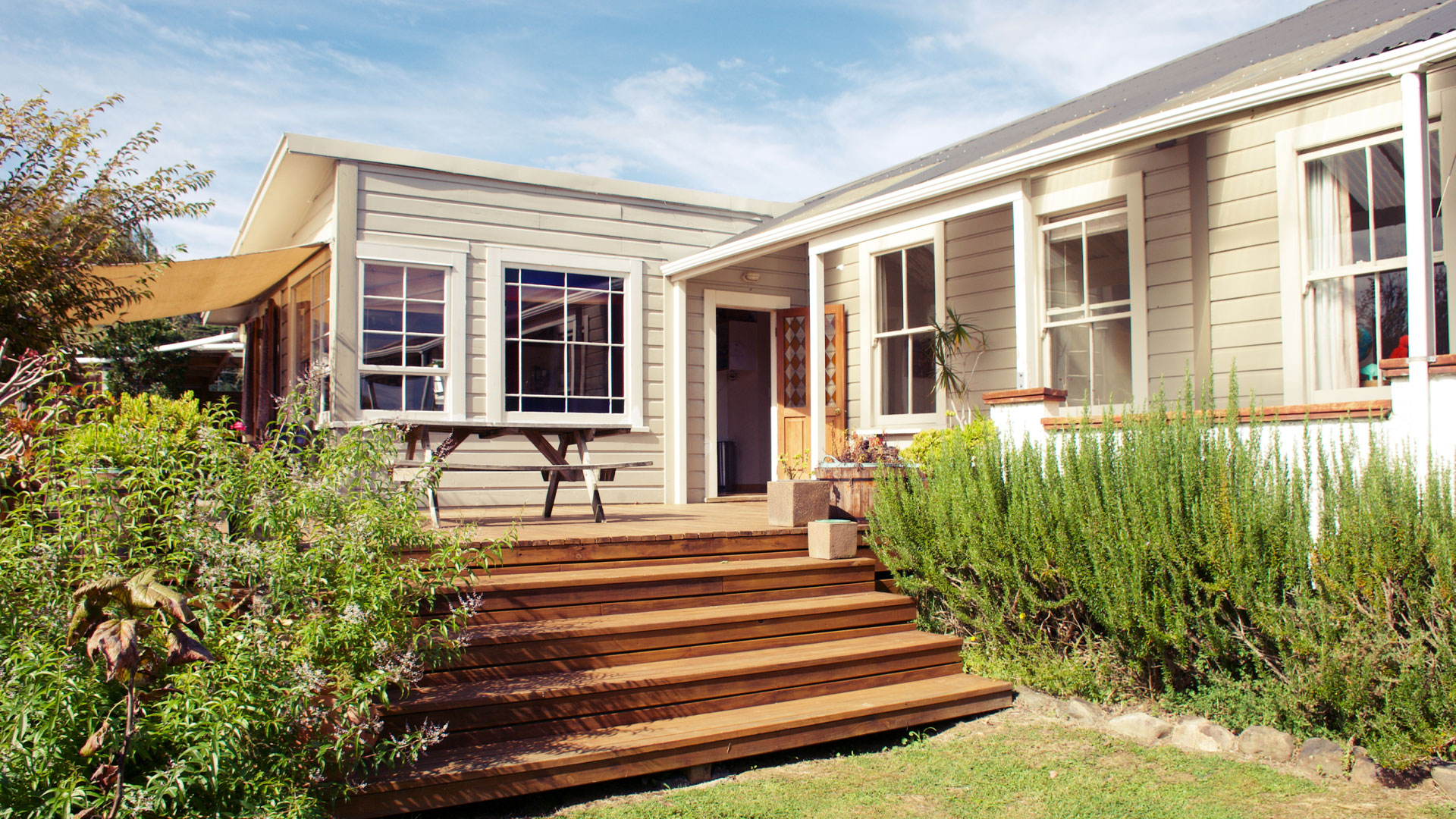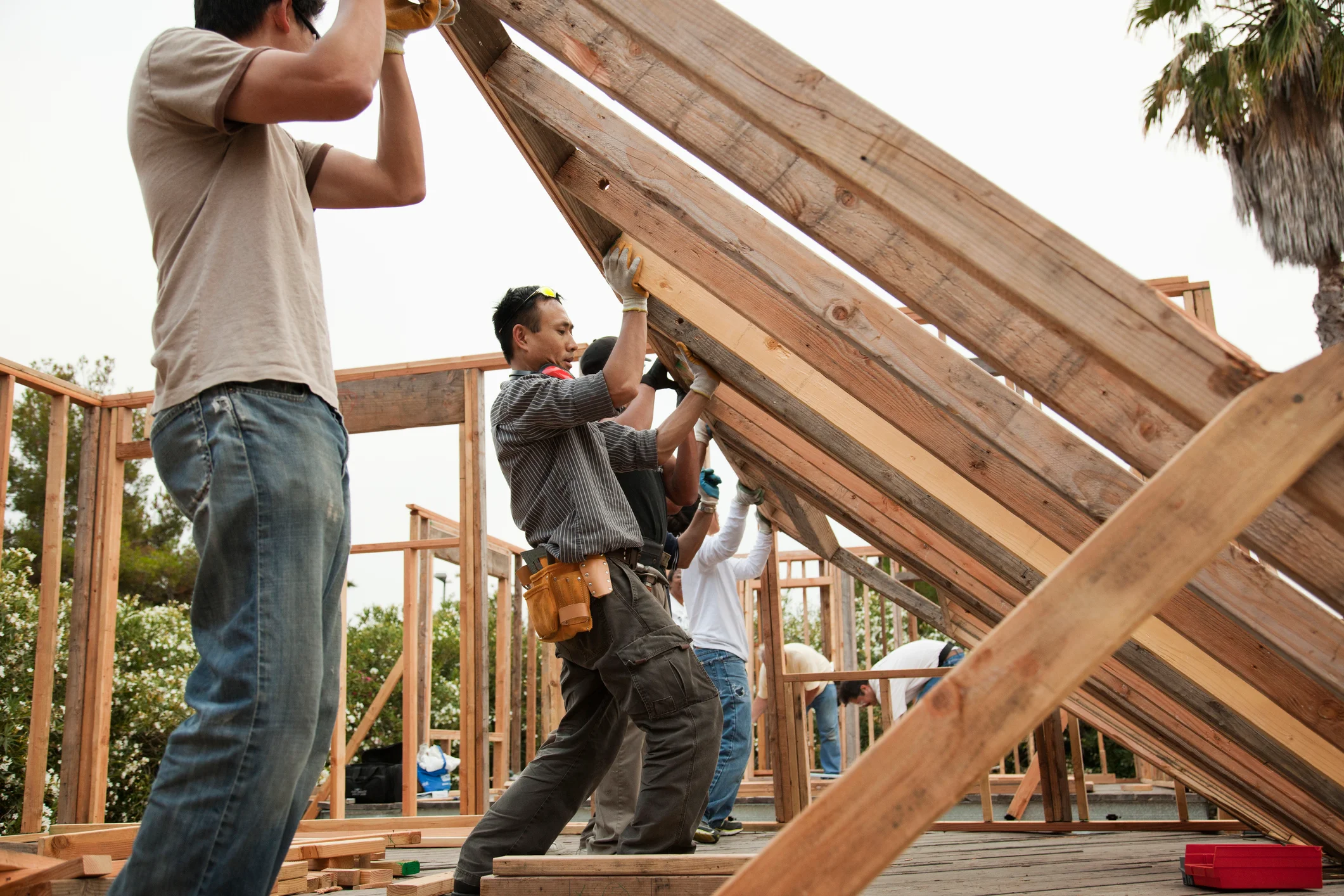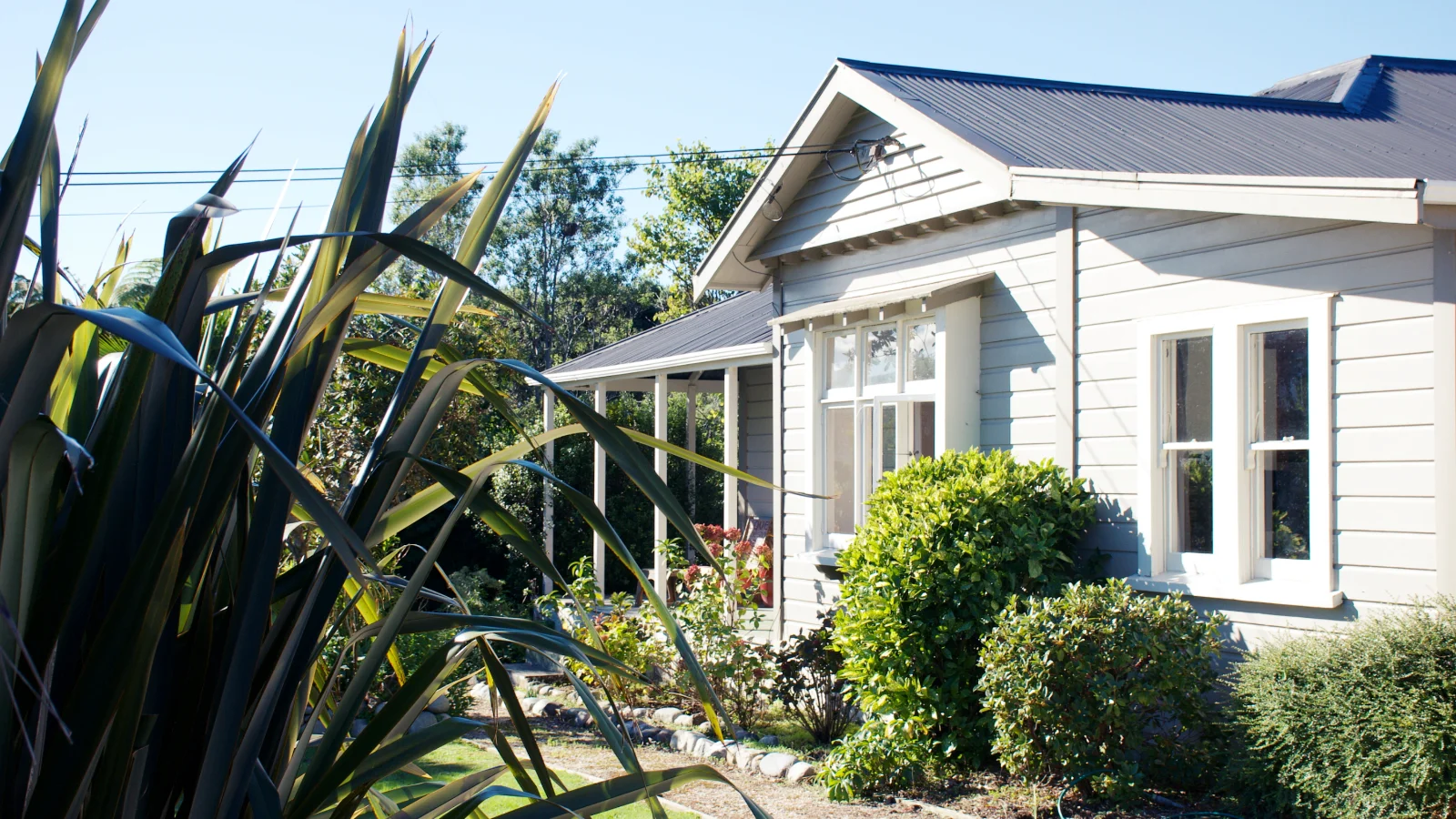Buying guide
Council rates explained: a home owner’s guide
(Including average rates by city)

What are council rates?
How are city council rates calculated?
Homeowners pays rates based on their location and the value of their property.
Your ratings valuation is based on three things:
What about targeted rates?
What is a rates rebate?
Paying rates is easy. Most councils allow you to do it online.
How do I pay rates?
How much should I expect to pay for council rates?
Author
Search
Other articles you might like
